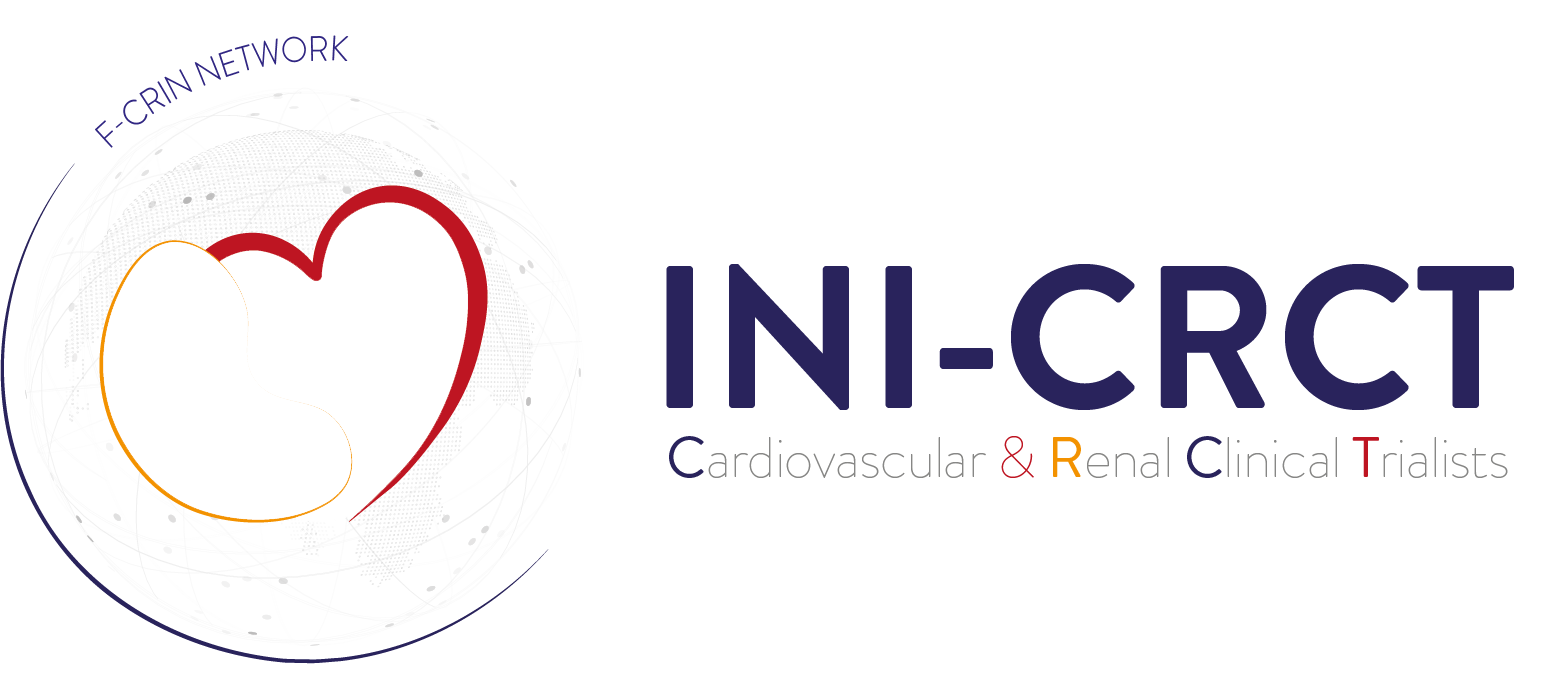The nuggets of the network
Our "nuggets
- Sandra Wagner holds a PhD from the University of Burgundy in food science and epidemiology. After completing a post-doctoral fellowship at the Centre de Recherche en Epidémiologie et Santé des Populations in Villejuif, she is a researcher in nutritional epidemiology at the Centre d'Investigation Clinique Plurithématique in Nancy. Her research focuses on the impact of nutrition and lifestyle on the development of cardiovascular and/or renal pathologies and on the progression of renal disease. She is also a member of the editorial board of Frontiers in nutrition.
- After a master's degree in biology, he undertook a PhD entitled "Hemostatic changes in metabolic syndrome, arterial hypertension and heart failure: physiological and pathophysiological approaches", defended in 2013, which earned him a thesis award from the University of Lorraine. He then completed a 5-year postdoctoral stay in Germany in Professor Wenzel's research team at the Center for Thrombosis and Hemostasis Research at the Medical School of Mainz, where he was able to demonstrate the major role of immune cells related to hemostasis in the development of hypertension. In September 2019, he returned to France to UMRS 1116 DCAC and was recruited as a research fellow at INSERM in 2020 with a project on the increased risk of thrombosis during chronic inflammatory bowel disease.
- Dr. Florens is a nephrologist and researcher specializing in the study of heart-kidney interactions, including the cardio-renal cross-talk involved in long-term remodeling injury. He completed a post-doctoral fellowship in the United States, developing his expertise in molecular biology and genetic engineering. His work highlighted the role of the cytokine IL33 in acute renal failure-induced cardiac injury. Dr. Florens is pursuing research on the IL33/ST2 axis and aspires to create an interdisciplinary team dedicated to the evaluation of cardio-renal cross-talk.
- Dr. Benjamin Deniau, MD PhD, is a physician in the Department of Anesthesiology and Intensive Care Medicine at Saint Louis Hospital, University of Paris, France. He works in the INSERM 942 unit directed by Professor Alexandre Mebazaa. His research focuses on cardiovascular biomarkers under stressful conditions. His PhD focused on dipeptidyl peptidase 3 (DPP3) as a myocardial depressant factor in septic and catecholaminergic AHF.
- Vincent Dupont is a nephrologist at the University Hospital of Reims and researcher at the University of Reims Champagne-Ardenne. His research focuses on vascular complications of kidney disease. His collaboration with Dr. Karumanchi (Cedars Sinai Medical Center, Los Angeles, CA, USA) has led to the identification of new avenues of research to better understand the pathophysiology of preeclampsia. He is also working on the optimization of graft function in post-renal transplantation.
- Madonna Salib holds a PhD from the University of Lorraine on biomarkers of myocardial fibrosis and arterial stiffness in patients with end-stage renal disease. She is the project leader of the CKD-REIN Cohort at the Centre de Recherche en Epidémiologie et Santé des Populations in Villejuif. She has worked in several countries as a student and visiting scientist (Spain, Portugal, USA). She also has a master's degree in data quality and analysis. Finally, a researcher with an interest in identifying biological phenotypes based on biomarkers and implementing AI to establish personalized treatment strategies.







